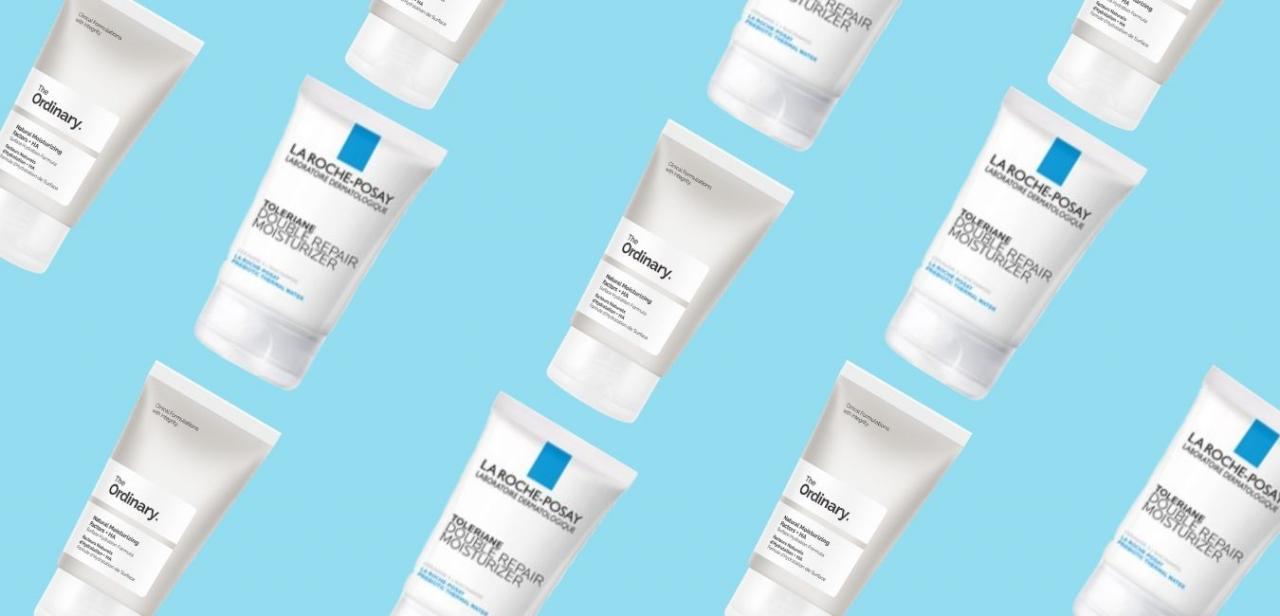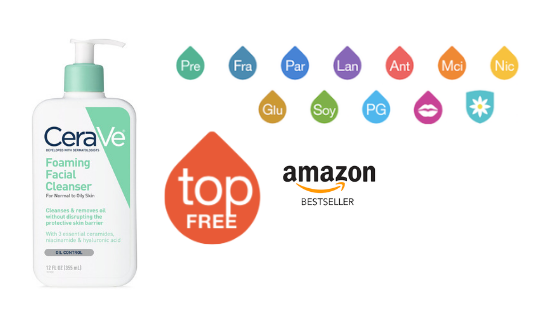Acne is a skin condition that appears as pimples or zits on the face, back, and shoulders. Acne occur at any age but is most common around puberty. Skin with mild acne often heals completely. But more severe acne can result in significant scarring and can be permanent.
How acne scars form
Many people mistakenly believe a red mark on the skin after a pimple heals is a scar. In general, redness is part of the healing process which can last for up to a year. A mark that is still visible more than a year after a pimple is gone is probably a scar.
Acne scars typically form when a deep pimple or acne blemish breaks under the surface of the skin. This can cause permanent damage to skin tissue. As the body works to repair the damage, a protein fiber called collagen forms new skin to close up this injury. If there is too much collagen in the repaired area, a raised scar can form. This kind of scar is known as keloid or hypertrophic scarring. If there is less tissue after healing than before, scar tissue can look sunken or holey. This kind of scar is known as depressed or atrophic scarring.
Types of acne scars
Just as acne can be mild or severe, depressed or atrophic acne scarring can be deep or shallow. Doctors refer to three basic types of depressed acne scarring depending on the shape and appearance of the scars.
• Icepick – these scars look like skinny, deep holes; as though someone stuck an ice pick into the skin. The sides of these scars are angled and meet in the middle at the bottom of the hole. Because these scars are typically quite deep, treatments that buff or refinish the top layers of skin are rarely effective for icepick scars.
• Boxcar – these scars can be round or oval but have sides that push straight down into the skin like the vertical sides of a train car. Shallow boxcar scars may respond to resurfacing treatments. Deeper boxcar scars need more aggressive treatment.
• Rolling – these scars resemble rolling hills that rise and fall on the surface of the skin. They are usually caused by bands of fiber under the skin that anchor parts of the outer layers of the skin to the lower layers while leaving other parts free to lift away from the lower layers. These scars require special treatments to break up the fibrous bands and release the skin so it can return to a more level appearance.
Because acne scars vary from person to person, there is no one “best treatment” to improve the appearance of scarring. Since many people who have scarring from acne have more than one type of scar, multiple types of treatments may be necessary. Talk to your healthcare provider about acne scarring to determine the treatments that have the best chance to improve the appearance of your skin.
Sources:
About.com: Acne Scars
About.com: What Causes Acne Scars?
About.com: Treatment of Acne Scars
Acne.org: Acne Treatment & Community
Reviewed August 2, 2011
by Michele Blacksberg R.N.
Edited by Shannon Koehle






Add a Comment2 Comments
In the first place, the means for dealing with acne should not contain alcohol (though he dries the acne, but destroys the lipid layer, which causes the disease even more acne), and oils and fats (they only exacerbate the clogging of pores). Your daily set of skin care acne must have at least two means: soft gel cleanser and a cream or ointment, designed to fight acne and redness.Acne No More Review
April 17, 2013 - 5:05amThis Comment
Excessive flow of oil onto the surface of the skin is not one of the causes of acne. But when this oil is not able to flow out, due to blocked pores, the oil is trapped into the pores, causing acne, blackhead and whitehead.
January 4, 2012 - 4:27amhttp://www.whatisall.com/health/what-causes-acne.html
This Comment